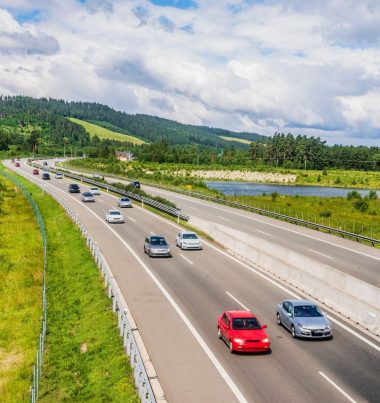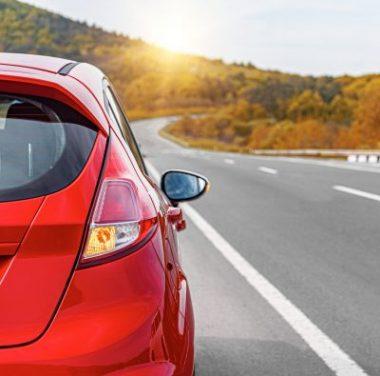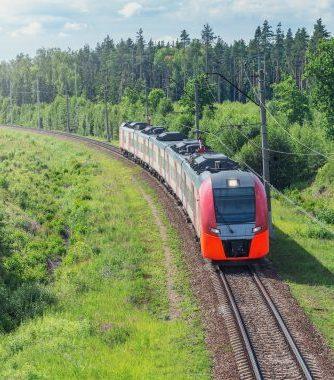Getting to & Around the Hague
Getting to The Hague
The Hague, celebrated as the international city of peace and justice, offers a unique blend of history, art, architecture, and natural beauty. With a rich history of global diplomacy, The Hague embraces its role as the epicenter of international justice, making it an inspiring destination for discussions and actions aimed at fostering nutrition resilience amidst the complex challenges of our time.
Traveling to and around this remarkable city is a breeze, thanks to its excellent transportation infrastructure that includes air travel, road networks, and efficient train systems.
Traveling By Plane
The Hague is conveniently served by several airports, with Amsterdam Airport Schiphol being the largest and most well-connected. Located approximately 45 kilometers northeast of the city, Schiphol offers numerous international flights and excellent connectivity to major cities worldwide. From the airport, travelers can easily reach The Hague by train, taxi, or rental car.
Rotterdam The Hague Airport, situated about 20 kilometers south of the city, provides domestic and regional flights, making it a convenient option for shorter journeys. Once you land, various transportation options are available for navigating the city and its surroundings.


Traveling By Road
The Hague enjoys excellent road connectivity, making it easily accessible by car. The city is well-connected to the Dutch motorway network, allowing for convenient access from other major cities. If you’re driving from Amsterdam or Rotterdam, the A4 and A13 highways provide direct routes toThe Hague.
It’s worth noting that the city center of The Hague has pedestrianized areas and limited parking, so it’s advisable to park your car in designated parking areas or make use of public transportation for getting around within the city.


Traveling By Train
The Netherlands has an extensive and efficient train system, and The Hague is well-served by this network. The Hague Central Station is a major railway hub, offering excellent connections to both domestic and international destinations. High-speed trains connect The Hague to major European cities such as Brussels and Paris.


Getting Around the City
Once you arrive in The Hague, various modes of transportation such as driving, cycling, and public transit make exploring the city and its surroundings a convenient and enjoyable experience.
The Hague is committed to ensuring accessibility for impaired citizens, and various measures are in place to facilitate their mobility and enhance their experience within the city. Sidewalks and pedestrian crossings are designed with curb ramps and tactile paving to assist individuals with mobility impairments or visual impairments. Many public buildings, museums, and attractions provide facilities such as ramps, elevators, and accessible restrooms to ensure access for all visitors.
The Hague offers an efficient and comprehensive public transportation system. Trams and buses provide excellent connectivity, allowing you to reach various neighborhoods and landmarks conveniently. The OV-chipkaart, a contactless smart card, is the most common payment method for public transportation in the Netherlands. If you do not need or have a OV card, you can also use your credit card to pay for public transportation tickets inside the tram or bus.
Most trams and buses are equipped with ramps or low floors, making them wheelchair accessible. Moreover, priority seating areas are designated for individuals with disabilities, and audible and visual announcements are provided to assist passengers with visual or hearing impairments.
It is often possible to hail a taxi in the street but you will also find special taxi stands at the train stations and various points throughout the city, or you can reliably order a taxi by app or telephone.
Taxis in The Hague are required to be accessible for individuals with disabilities. Many taxi companies offer wheelchair-accessible vehicles equipped with ramps or lifts. It is advisable to book in advance to ensure availability of an accessible taxi when needed.
Cycling is an immensely popular mode of transportation in the Netherlands, and The Hague is no exception. The city boasts an extensive network of dedicated bike lanes and a bike-sharing system, making it a fantastic way to explore The Hague’s attractions and enjoy the beautiful coastal scenery. Several bike rental shops are available throughout the city for visitors who prefer to pedal their way around.
Driving in The Hague is generally straightforward, with well-maintained roads and clear signage. However, as mentioned earlier, the city center has limited parking spaces and designated pedestrian zones. It’s recommended to use the Park and Ride (P+R) facilities located on the outskirts of the city, which offer convenient parking with easy access to public transportation.
Arriving at Schiphol Airport, take a direct train to The Hague Central Station (“Den Haag Centraal” in Dutch). The journey is approximately 30-45 minutes, with “Intercity” trains being faster.*
From The Hague Central Station, reach your hotel by either Bus 28 (direction “DH Zuiderstrand”) or Tram 17 (direction “DH Statenkartier”). Buses depart from the top of the station, trams from the front. Travel time, including a brief walk, is 20-30 minutes, with bus 28 being usually the fastest.
For Dutch public transport, scan your debit or credit card or pre-purchased ticket directly at entry gates or pole. Purchase tickets online or from station vending machines (trains only), online, or buy an OV Chip card (€7.50) for versatile use.
Download these apps for easy navigation:
- 9292: https://9292.nl/en/about-9292/services/mobile
- NS app: https://www.ns.nl/en/travel-information/ns-app
Enter your destination (World Forum) for itineraries, with English language settings available.
*Please be advised that there will be disruptions in train schedules to and from Schiphol Airport during the weekend of 14-15 October, due to planned maintenance.
On 14 October, alternative bus services departing from outside Schiphol Airport will transport you to Leiden, where you can easily catch a train to The Hague. On 15 October, there will be a reduced train frequency, but the service will remain operational.
We strongly recommend that you plan your travel arrangements accordingly and check your train schedules in advance. Live updates about the modified train schedules will be provided here: https://www.ns.nl/en/travel-information/maintenance-on-the-tracks/